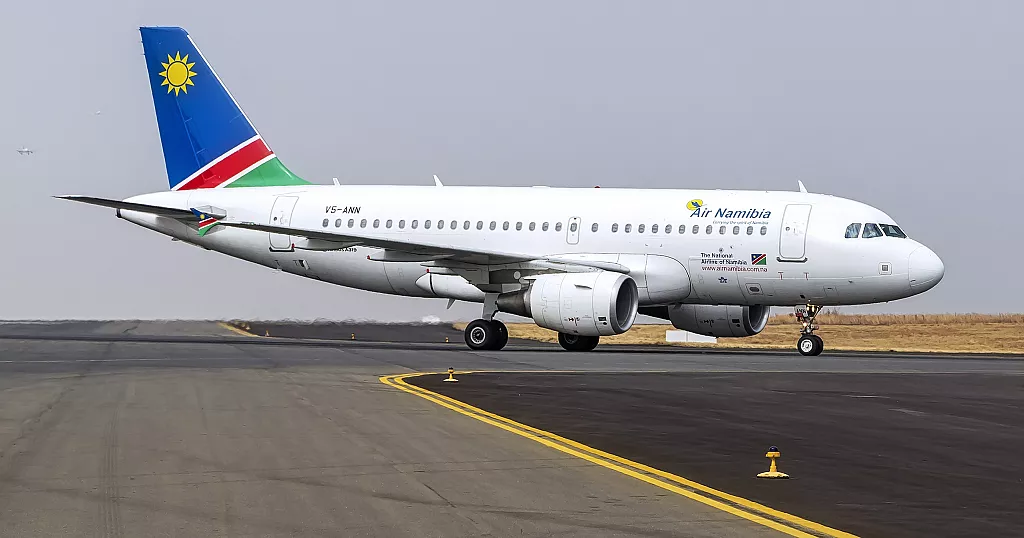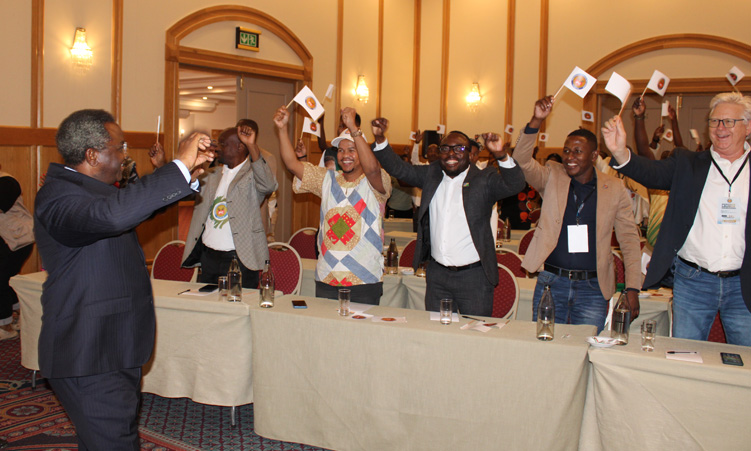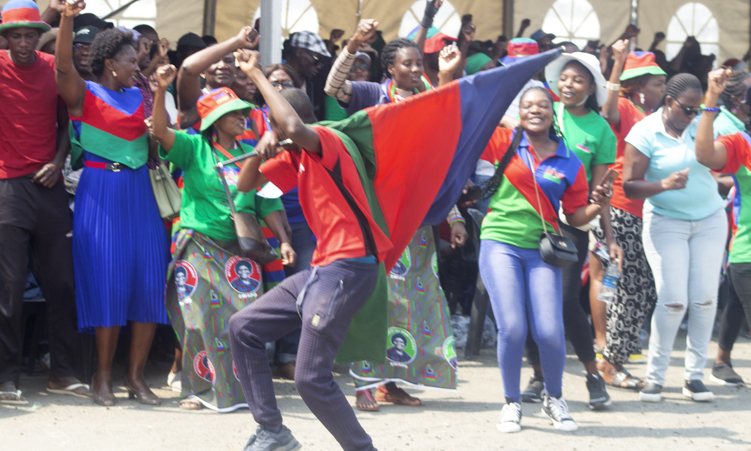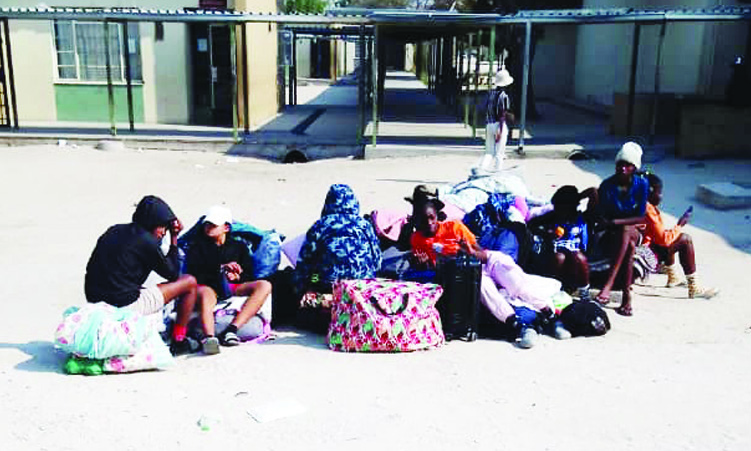GENEVA – Europe’s trade chief warned yesterday that the road to a successful WTO deal is littered with “potholes” despite emerging signs of consensus as farm tariffs still divide rich and poor countries.
“There is no guarantee that the fragile package that began to emerge on Friday night will survive,” European Union trade commissioner Peter Mandelson wrote in his daily blog on the trade talks here. Key players in the delicate negotiations had been buoyed Saturday by broadly positive talks on the services sector but were due to return yesterday afternoon to the crunch points of farming and industrial products.”There are any number of potential potholes in the road,” Mandelson said, citing the determination of India and other countries with millions of people who depend on subsistence agriculture to hold out for stronger safeguards against farm imports.India’s Commerce Minister Kamal Nath struck a more optimistic note yesterday after almost five hours of meetings with his counterparts.”The process of engagement is continuing, and this process will continue again tomorrow.So I’m optimistic,” Nath said.But Mandelson said that the “fiery” Indian negotiator had taken a tough line against the United States, Australia and other agriculture exporters on this issue, while the EU was seeking to play a “bridging” role between the two sides.”I have a feeling that this issue will go to the wire,” Mandelson wrote.Nath has insisted he will protect his country’s millions of subsistence farmers and nascent industry, which are shielded from imports by tariffs levied on foreign goods.Under proposals tabled by World Trade Organisation Director-General Pascal Lamy, developing countries such as India would have recourse to a so-called “special safeguard mechanism” (SSM) to increase tariffs on agricultural products by up to 15 per cent over present levels if there is a surge in imports over 40 per cent.But an Indian diplomat told AFP on Saturday that this threshold was too high.”We cannot have 40 per cent, it is too high.By the time it reaches 40 per cent, our people would have died,” he warned.Ministers have been meeting at the WTO since Monday to discuss cuts in subsidies and import tariffs with the aim of mapping out a new deal under the so-called Doha Round of talks.Nampa-AFPKey players in the delicate negotiations had been buoyed Saturday by broadly positive talks on the services sector but were due to return yesterday afternoon to the crunch points of farming and industrial products.”There are any number of potential potholes in the road,” Mandelson said, citing the determination of India and other countries with millions of people who depend on subsistence agriculture to hold out for stronger safeguards against farm imports.India’s Commerce Minister Kamal Nath struck a more optimistic note yesterday after almost five hours of meetings with his counterparts.”The process of engagement is continuing, and this process will continue again tomorrow.So I’m optimistic,” Nath said.But Mandelson said that the “fiery” Indian negotiator had taken a tough line against the United States, Australia and other agriculture exporters on this issue, while the EU was seeking to play a “bridging” role between the two sides.”I have a feeling that this issue will go to the wire,” Mandelson wrote.Nath has insisted he will protect his country’s millions of subsistence farmers and nascent industry, which are shielded from imports by tariffs levied on foreign goods.Under proposals tabled by World Trade Organisation Director-General Pascal Lamy, developing countries such as India would have recourse to a so-called “special safeguard mechanism” (SSM) to increase tariffs on agricultural products by up to 15 per cent over present levels if there is a surge in imports over 40 per cent.But an Indian diplomat told AFP on Saturday that this threshold was too high.”We cannot have 40 per cent, it is too high.By the time it reaches 40 per cent, our people would have died,” he warned.Ministers have been meeting at the WTO since Monday to discuss cuts in subsidies and import tariffs with the aim of mapping out a new deal under the so-called Doha Round of talks.Nampa-AFP
Stay informed with The Namibian – your source for credible journalism. Get in-depth reporting and opinions for
only N$85 a month. Invest in journalism, invest in democracy –
Subscribe Now!






